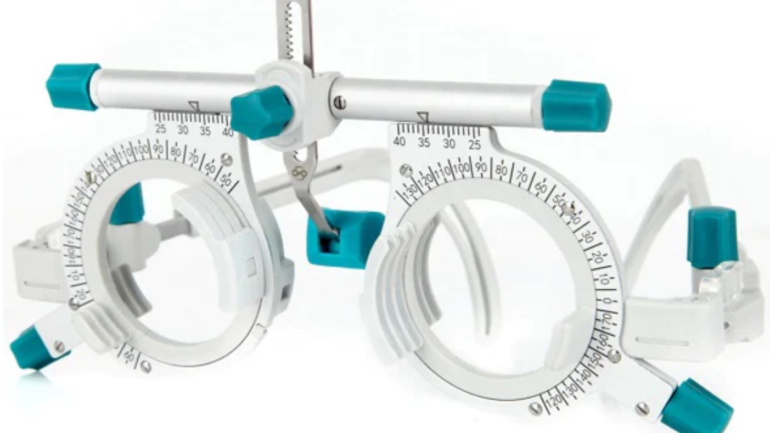The ENG1 medical exam is a mandatory health check for those working at sea, ensuring that all marine professionals meet the necessary medical standards for maritime duties. Required by the Maritime and Coastguard Agency (MCA) for all seafarers to work on UK-registered ships, the exam assesses various health and fitness indicators, including vision, hearing, and general physical fitness, so if you are due for an initial or renewal exam, explore everything you need to navigate your medical and receive your certification.
ENG1 Medical Exams
All seafarers, from those operating large commercial vessels to individuals in non-safety critical roles, need this certificate. Essentially, if a ship is where you spend the majority of your working time, then you are required to be certified as a medically fit seafarer in order to ensure that you are fit for your job and able to respond in emergencies.
Ensuring that all maritime personnel meet these standards helps prevent accidents and keep all seafarers safe at sea, and the exam must be conducted by MCA-approved practitioners to ensure compliance with the relevant regulations. So, now that you have a good idea of whether this is the medical that you need, here is how to prepare for this important appointment.
Preparing for the Medical
The first step when preparing or arranging for your medical assessment is to find out when your ENG1 certificate needs to be renewed by. Regular renewal is essential and the certificates are valid for a maximum of two years, so make sure that you arrange your appointment well in advance, particularly if you are likely to be at sea on the date that it expires.
Once you have booked your appointment with a relevant health service provider, it’s time to prepare the things you will need to take with you. Make sure that you bring with you a form of identification, such as a passport, driving licence, or seafarer’s book, and your previous ENG-1 certificate, as well as details of any existing medical conditions that you have and the medications you are taking. This includes glasses or contact lenses if needed and it is also recommended that you bring any reports or letters from your doctor if you have recently been hospitalised or seen by a doctor.
Remember, if you have ever failed an ENG1 medical, or you have been issued with restrictions, make sure that you tell the healthcare professional administering your test, as they will need to be aware of this information.
Attending the ENG1 Medical
The core aim of this test is to determine if there are any health risks related to your physical condition that could impact your safety at sea, so to begin with you will need to undergo a questionnaire about your medical history.
Following this, you will be asked to undress down to your underwear for the medical examination in order to properly assess your general physical fitness. This assessment will include a detailed evaluation of major health issues that could impact your ability to safely perform your duties, and you will be:
- Given a vision test
- Given an audiometry test
- Asked to provide a sample for urinalysis
- Weighed and measured
- Given a physical examination
Conditions like severe deafness or vision problems that fail to meet maritime standards are particularly scrutinised, as are any conditions that could suddenly incapacitate you or impair your capabilities during emergencies. You should also bear in mind that depending upon your BMI and health status, you may also be required to undergo a Chester Step test, as this is required by the MCA for any seafarer whose BMI exceeds 30.0 to assess your fitness level.
After the Medical
After your appointment, the ENG1 certificate is usually valid for up to two years, and whilst this may seem like a quick turnaround, these frequent medical evaluations make sure that all those in positions of responsibility on a ship are fit to be there.
On your certificate, you will be classed as either fit without restrictions or with restrictions, which limits your work to certain locations or positions – or you will be deemed as temporarily or permanently unfit. If this is the case, it will have significant implications for your career, as you might be deemed unfit for sea duty. If you are found permanently unfit, then you will be considered so for at least five years, and if you want to arrange another medical during this time you must be able to demonstrate that the cause of your ‘unfit’ classification has been treated.
UK-Based ENG1 Medicals
To safeguard your career and ensure compliance with maritime safety standards, it is important to stay proactive and attend the relevant medicals. Maintaining your certifications is not just a regulatory requirement: it’s about ensuring the safety of those around you and giving yourself the best chance of a long, successful maritime career.
So, if the renewal date for your certificate is fast approaching, book your seafarer medical through Heathrow Medical today.



